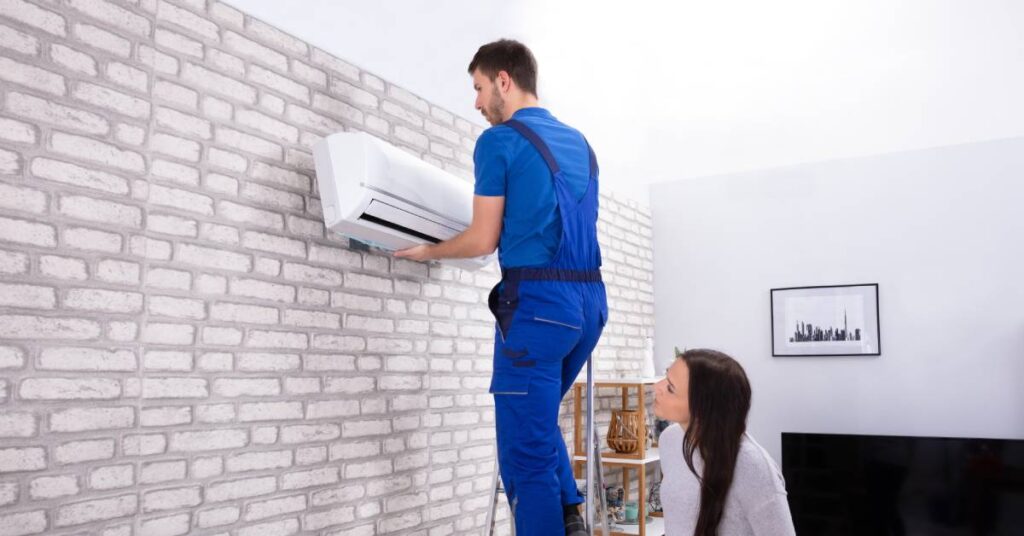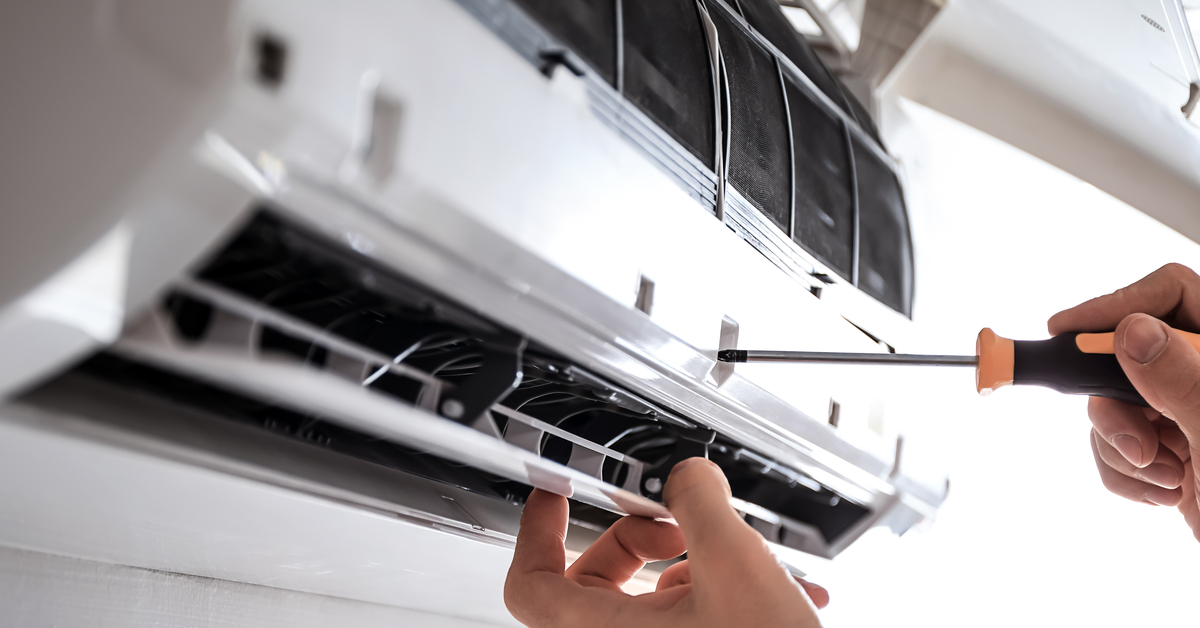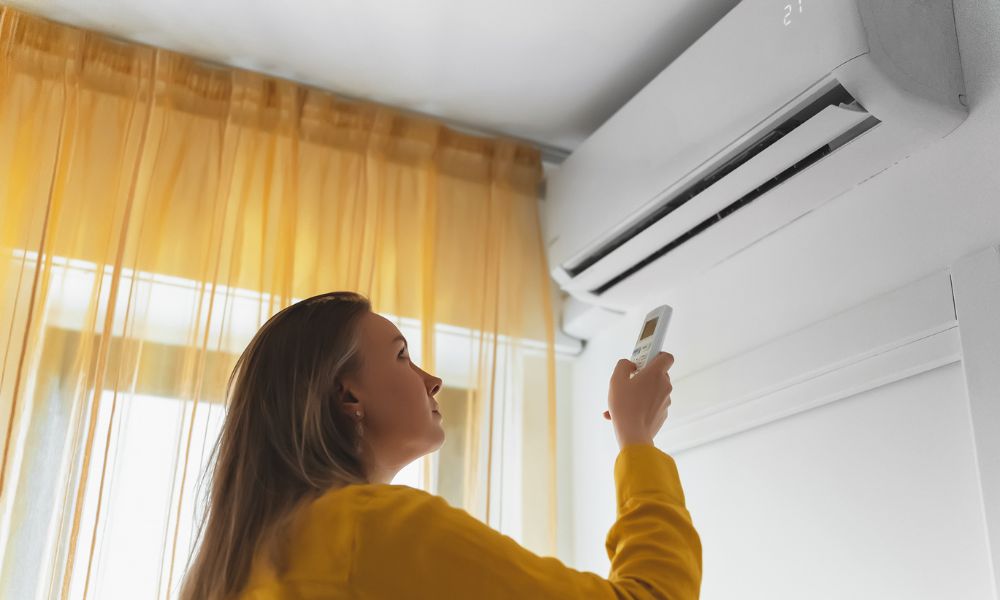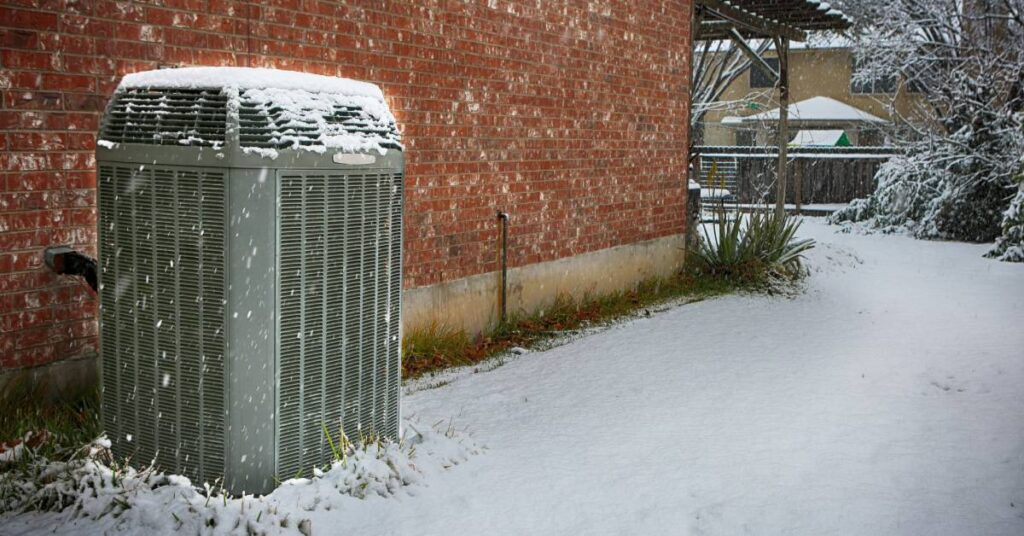
Your air conditioner keeps you comfortable at home, especially during the sweltering summer months. When the off-season rolls around, it’s important to take care of your AC unit.
With these pointers, your AC will stay in top shape and be ready to perform once the warm weather comes back around. Learn how to keep your AC in good condition during the off-season to save time and money.
When Is the Off-Season for Air Conditioners?
The off-season for air conditioners typically begins in the fall when temperatures start to drop, and homeowners transition from cooling to heating their homes. During this time, your AC unit remains largely inactive, giving you the perfect opportunity to focus on maintenance.
Caring for your air conditioner in the off-season helps you address issues that might have arisen while using the unit and prepare it for next summer. Proactive maintenance during these months also protects your unit from exposure to harsh weather, such as freezing temperatures or snowfall, which cause damage if left unchecked.
Clean or Replace the Air Filters
Clean air filters are essential for the efficiency and longevity of your air conditioner, even when it’s not running. Dust and debris may clog the filters, making it harder for the AC to perform well. Remove the filters, and inspect them for buildup.
If the filters are reusable, clean them according to the manufacturer’s instructions; if not, replace them with new ones. Consider setting a recurring reminder to check filters during the off-season to prevent buildup that could affect your AC’s operation later.
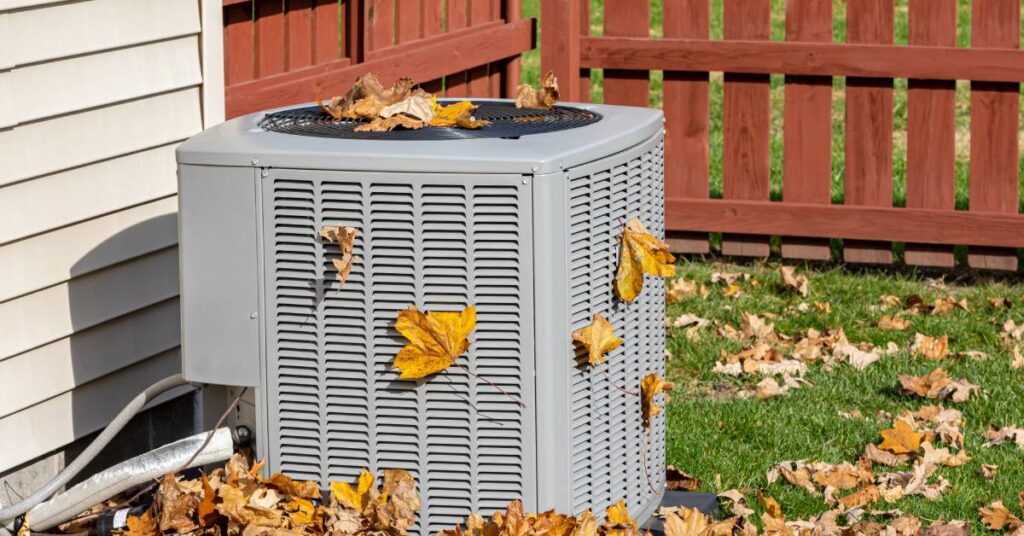
Inspect and Clean the Outdoor Unit
Your AC’s outdoor condenser unit is exposed to the elements and collects debris like leaves, dirt, or twigs over time. Leaving debris unchecked obstructs airflow and leads to inefficiencies.
Use a broom or vacuum to clear the area around the unit, then gently rinse the condenser coils with a garden hose or coil cleaner to remove accumulated dirt. Avoid placing too much pressure on the fins, as damage may impact performance. It’s important to keep the air conditioner’s openings as clean as possible to ensure there aren’t any problems after starting it up once again.
Look for Visible Damage
Routine inspections during the off-season help you identify cracks, rust, or leaks before they worsen. Carefully examine the AC unit for wear or damage, paying special attention to the condenser coils, fins, and base of the system.
If you spot anything unusual, such as loose parts or visible rust, take action immediately to address the problem. Minor repairs now save you from expensive replacements or malfunctions later. If the damage seems extensive or beyond your expertise, call a professional from W.F. Smith for a thorough assessment and repair.
Check and Tighten Connections
Over time, the electrical connections and components within your AC system may loosen due to age or vibrations, which could reduce performance or create safety issues. The cold and wet conditions of the off-season may cause further damage and cause the unit to break down once you use it again.
Inspect wiring, terminals, and connections to confirm they’re all tight and in good condition. Pay attention to signs of fraying, corrosion, or wear that could compromise the unit’s functionality. Tighten loose connections carefully using the appropriate tools. If you’re unsure about handling electrical work, consult an HVAC professional. Addressing these issues during the off-season ensures your AC will run efficiently and safely when spring arrives.
Check and Clean the Drain Line
All AC units remove moisture from your home. The condensate line is responsible for draining excess moisture from your AC system, but clogs may form over time, leading to water damage or mold growth. Flush the drain line using water or a solution of vinegar or bleach and water to remove debris and grime.
If you notice standing water around the line or an unusual odor, there’s likely a clog. Regularly cleaning the drain line keeps the system in optimal condition for the spring and prevents costly repairs down the road.
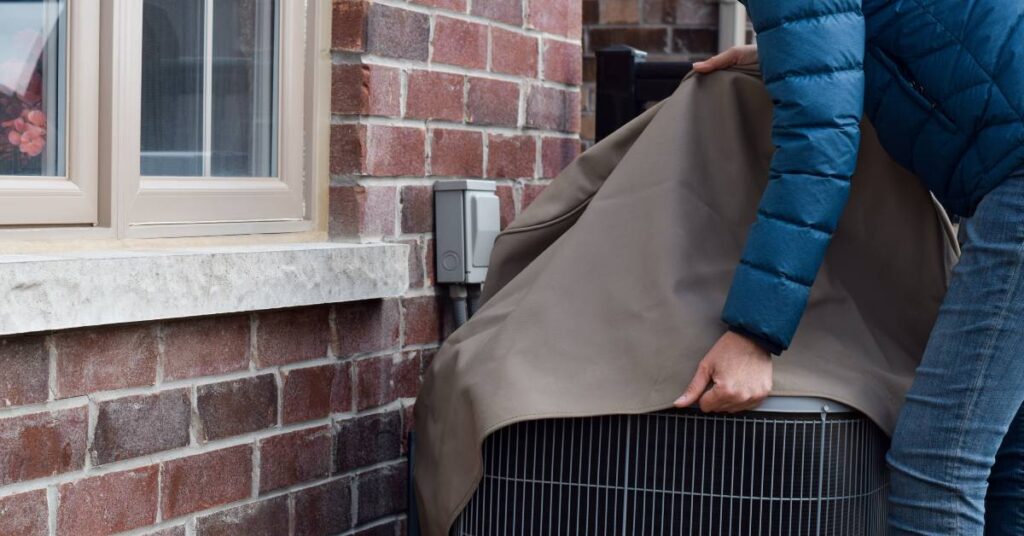
Cover the Outdoor Unit
Investing in a high-quality cover for your outdoor AC unit provides an extra layer of protection during the off-season. A cover keeps dust, debris, and snow from settling on the unit and causing damage. Look for a breathable, weather-resistant cover to avoid trapping moisture, which could lead to rust formation or mold growth inside the unit.
Secure the cover, and leave some room to encourage airflow and prevent condensation buildup. Check the manufacturer’s instructions to see if your unit needs a specific cover.
Schedule End-of-Season Maintenance With an HVAC Professional
DIY maintenance doesn’t compete with an annual inspection by an HVAC professional. The help of the experts at W.F. Smith makes a big difference in your AC’s performance and longevity. Scheduling an end-of-season or pre-season tune-up allows experts to detect hidden issues, such as refrigerant leaks or worn-out components, before they ruin your unit.
During the visit, one of our technicians will thoroughly inspect, clean, and optimize the AC system. In the event of a replacement, we will recommend options for AC installation and work with you to start the process. With a professional’s stamp of approval, you’ll have peace of mind knowing your AC is ready for a seamless transition into peak usage.
Inspect and Seal Ductwork
Leaks or gaps in ductwork significantly reduce your AC’s efficiency and put unnecessary strain on the system. During the off-season, take the opportunity to inspect ducts for visible cracks or holes. Use mastic sealant or aluminum tape to repair small leaks you find.
Sealed ductwork sends cool air to the intended areas more effectively once your AC is back in use. Keep in mind that tape and sealants are temporary solutions, and professional help will yield permanent results.
Create a Maintenance Checklist
Developing a seasonal maintenance routine encourages you to stay on top of AC care year-round. Create a checklist full of these tasks, and set reminders to complete them. Keep the checklist in an accessible spot, such as inside your tool shed, or save it digitally on your phone. Regular upkeep makes for a stress-free transition into peak cooling seasons.
Keeping your AC in good condition during the off-season is an investment in long-term comfort and cost savings for your home. By following these steps, you’ll prevent future breakdowns, save on energy bills, and keep your home cool and comfortable during periods of hot weather.
If you’re unsure about any of these tasks or need expert guidance, reach out to a trusted HVAC professional.

